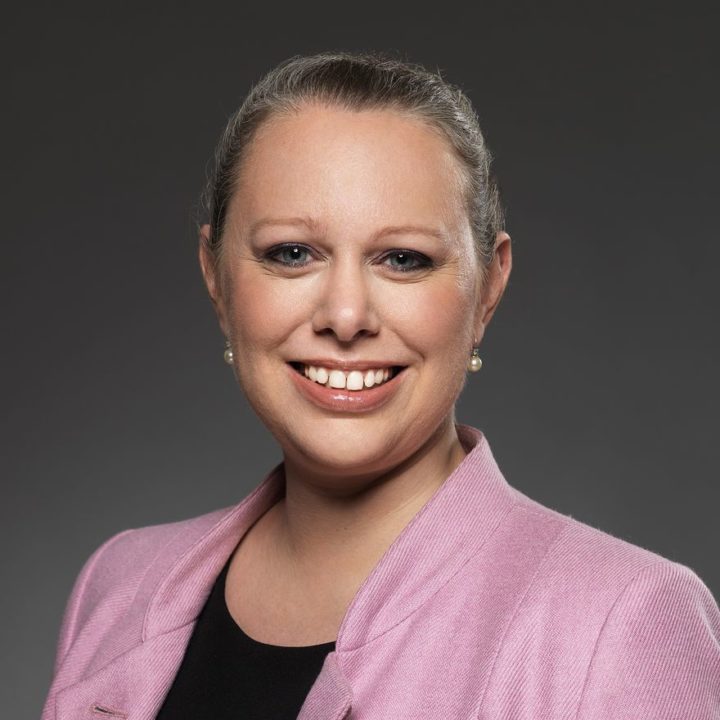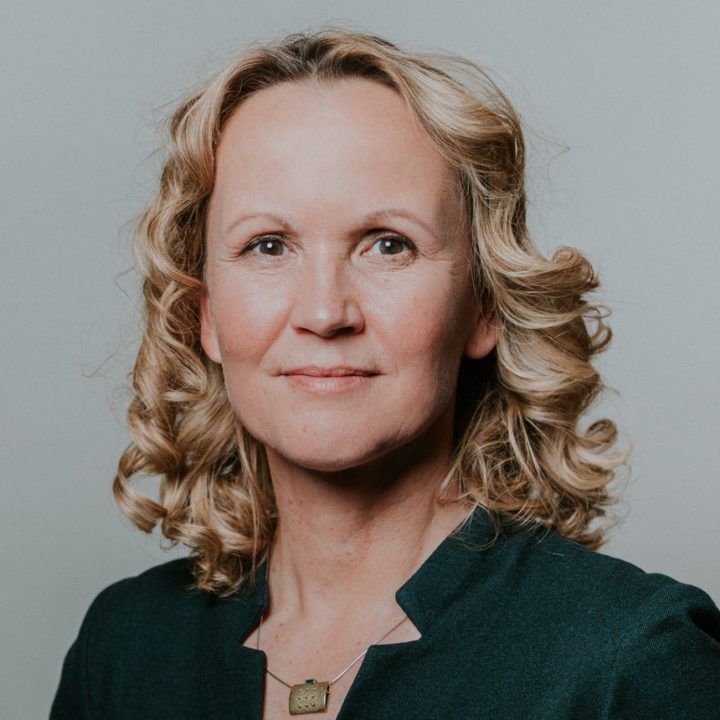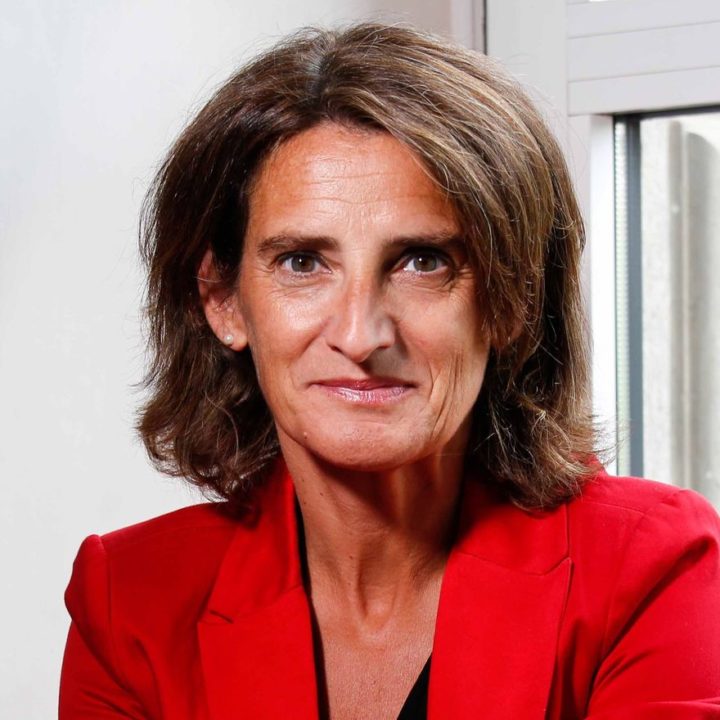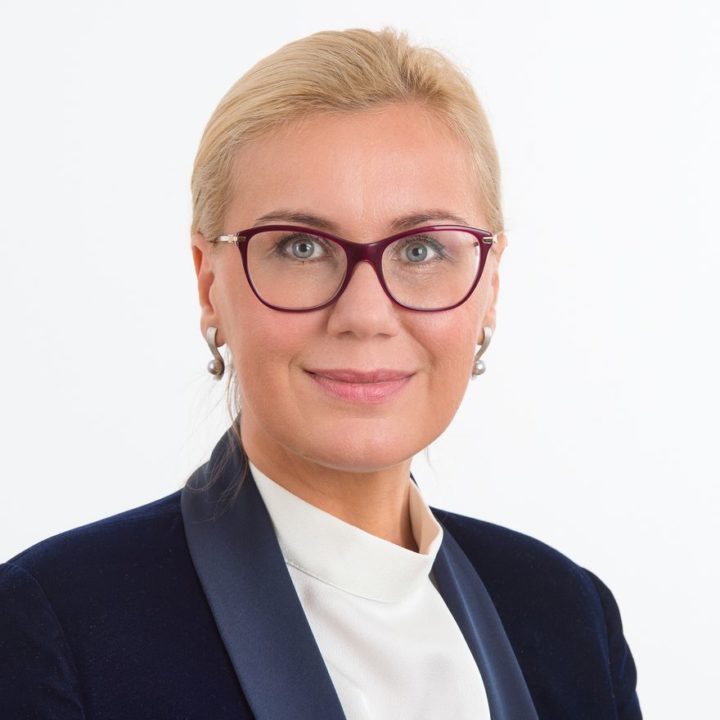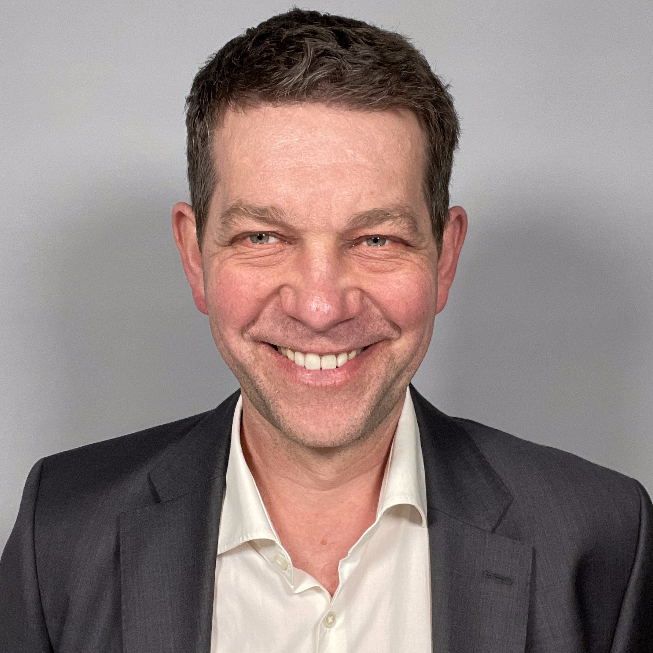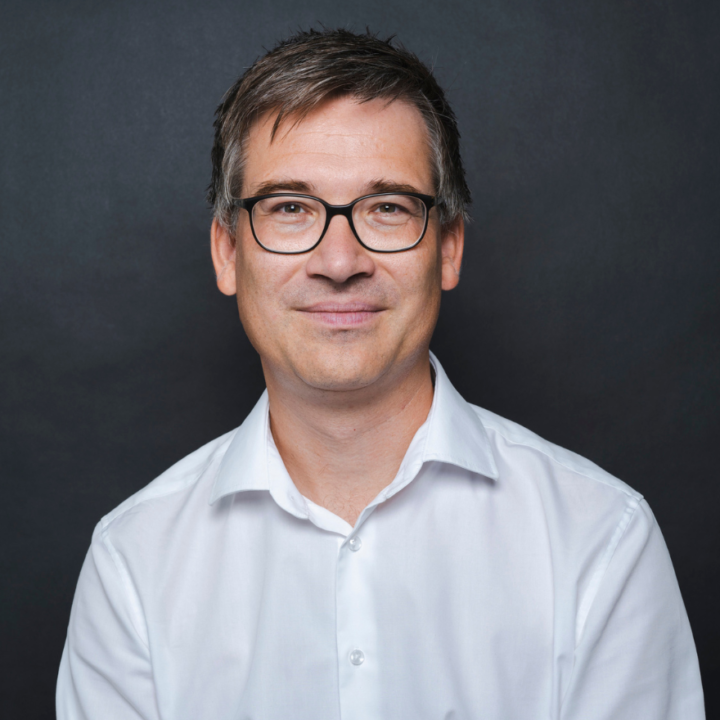Making Europe Fit For Climate Changes
Statement: Kadri Simson, EU Commissioner for Energy
Conversation: Teresa Ribera, Spanish Deputy Prime Minister and Minister for the Ecological Transition and the Demographic Challenge, and Dr. Florian Güßgen (WirtschaftsWoche)
Followed by a discussion: Carole Dieschbourg, Minister for the Environment, Climate and Sustainable Development, Luxembourg, Steffi Lemke, Federal Minister for the Environment, Nature Conservation, Nuclear Safety and Consumer Protection, Christian Tretbar, Editor-in-Chief, Der Tagesspiegel, and Dr. Florian Güßgen (WirtschaftsWoche)
You are currently viewing a placeholder content from YouTube. To access the actual content, click the button below. Please note that doing so will share data with third-party providers.
More InformationYou are currently viewing a placeholder content from YouTube. To access the actual content, click the button below. Please note that doing so will share data with third-party providers.
More InformationYou are currently viewing a placeholder content from YouTube. To access the actual content, click the button below. Please note that doing so will share data with third-party providers.
More InformationSpeakers
